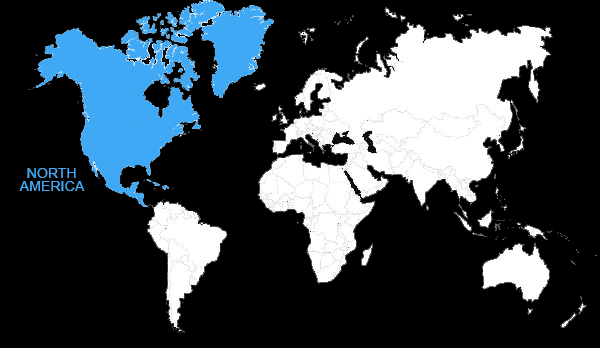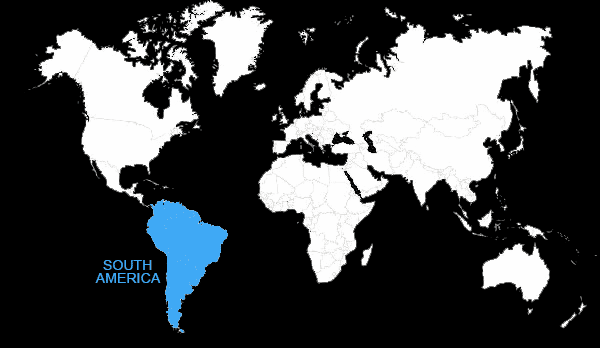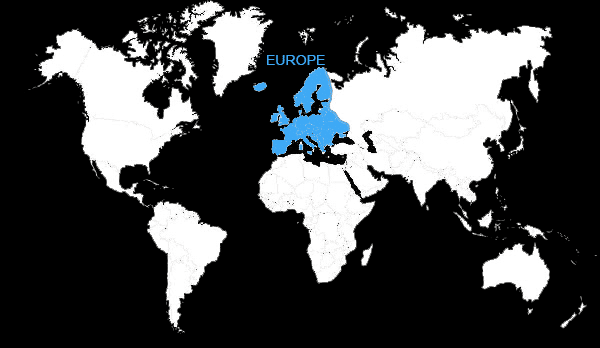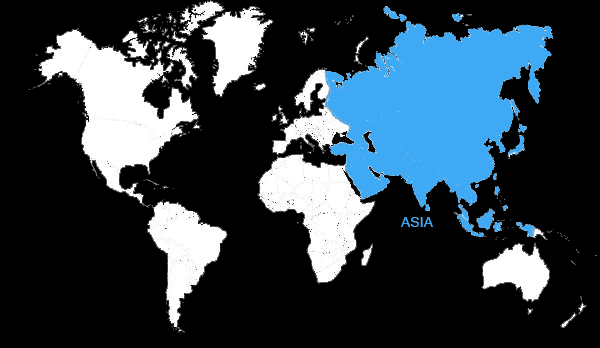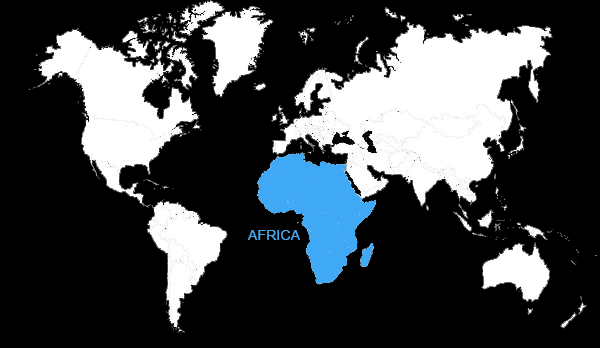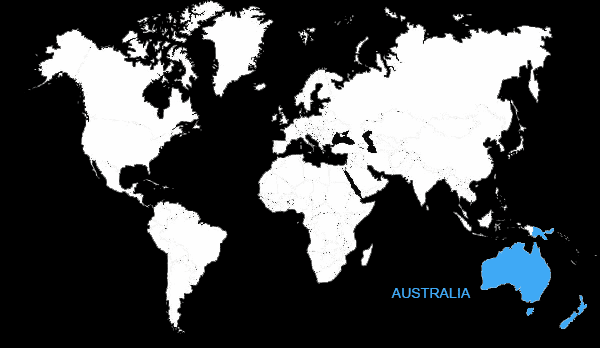Júbilo Iwata Tryouts
Júbilo Iwata (Japanese: ジュビロ磐田, Hepburn: Jubiro Iwata) is a professional Japanese association football team that currently play in the J2 League.
Júbilo Iwata Youth Development System
Academy
Jubilo Iwata’s training organization consists of U-18 (high school students) and U-15 (junior high school students), and provides consistent guidance.
Guidance from a long-term perspective is provided to maximize the individuality and abilities of each player. In particular, the U-18 team will gather players with a clear goal of being “professional players” and will gain experience to become professional players while living in a dormitory with well-equipped treatment and nutrition support.
The training and dissemination organization that supports Jubilo Iwata consists of U-18 (high school students), U-15 (junior high school students), and junior kids (6th grade to younger elementary school), and provides consistent guidance.
The soccer school, which is also a place for children to meet soccer, has a history of about 35 years and has endeavored to foster and popularize soccer for many years. We teach many children not only their skills but also their desire to enjoy soccer. Players aiming for higher level soccer will win the fierce competition and advance to the U-15 team and the U-18 team. Here, guidance is given from a long-term perspective to maximize the individuality and abilities of each player. In particular, the U-18 team will gather players with a clear goal of being “professional players” and will gain experience to become professional players while living in a dormitory with well-equipped treatment and nutrition support.
With the launch of the J-League, the roles of clubs have become more diverse. Jubilo Iwata conducts activities to popularize soccer throughout the hometown area, such as visiting kindergartens and elementary schools in the hometown area to teach soccer, and dispatching instructors to training activities. .. Through instructor training sessions and soccer clinics, we are working to create an environment where we can enjoy sports by returning the know-how of Jubilo Iwata to the community.
Jubilo’s upbringing and dissemination organizations and players who grew up in hometowns will eventually play an active role in the J-League and the world stage as professionals, and when they become parents with leaders and children, they will play soccer and Jubilo. To pass on the feeling of love to the next generation. That is our wish.
Academy Recruitment
Please click here to visit the official academy news section for the latest dates.
EXPLORE MORE CLUBS!
Explore more professional clubs by continent.
History
Origins and rise to the top
In 1970, the group was first fielded as a representative of Yamaha Motor Corporation as the company team. After competing in the football leagues of Shizuoka and Tkai, the team joined the Japan Soccer League and remained there until the end of 1992, when the J.League was formed out of the renamed Japan Soccer League.
Their first taste of success came in 1982, when they won both the Emperor’s Cup and promotion as champions of the JSL Division 2 competition. This was the beginning of their reign of greatness. In the 1987–1988 season, they were victorious in the Japanese league for the very first time. Yamaha has made the decision to relegate themselves and not be one of the founding members of the J.League due to difficulties associated with the approaching professionalization.
They were promoted to the J1 league the following season since they finished in second place in the JFL 1st division in 1993, which is a division below than the top flight. In order to construct a squad capable of victory, the team hired Marius Johan Ooft as its manager, as well as Dunga, the captain of the Brazilian national team, and a number of players from other countries.
As a player in the past and now as an advisor in the present, Dunga’s approach to the game of football has had a significant impact on the club.

Glory years
Instead of relying on foreign players who might depart on a transfer in the midst of the season, the club won a number of trophies over a seven-year span beginning in 1997 and ending in 2003 by relying solely on Japanese players.
During this time period, J.League champions Jbilo won the title three times, finished in second place three more times, and triumphed once in each of the domestic cup events. They also won the title of Champions of Asia in 1999 after beating Esteghlal F.C. in the championship match, which took place in Azadi Stadium in front of 121,000 fans.
During one of the most productive eras in the annals of J.League competition, Jbilo shattered multiple records and established several new benchmarks. There are a number of records that have been broken by this team, including the most goals scored in a season (107 in 1998), the fewest goals conceded in a season (26 in 2001), the largest goal difference (plus 68 goals in 1998), and the largest win (9–1 versus Cerezo Osaka in 1998).
In 2002, the squad became the first in the history of the J.League to win both phases of the tournament. That same year, the team also had a record seven players chosen for the J.League Team of the Year, which was also a first. There has been no breaking of any of these records to this day.





